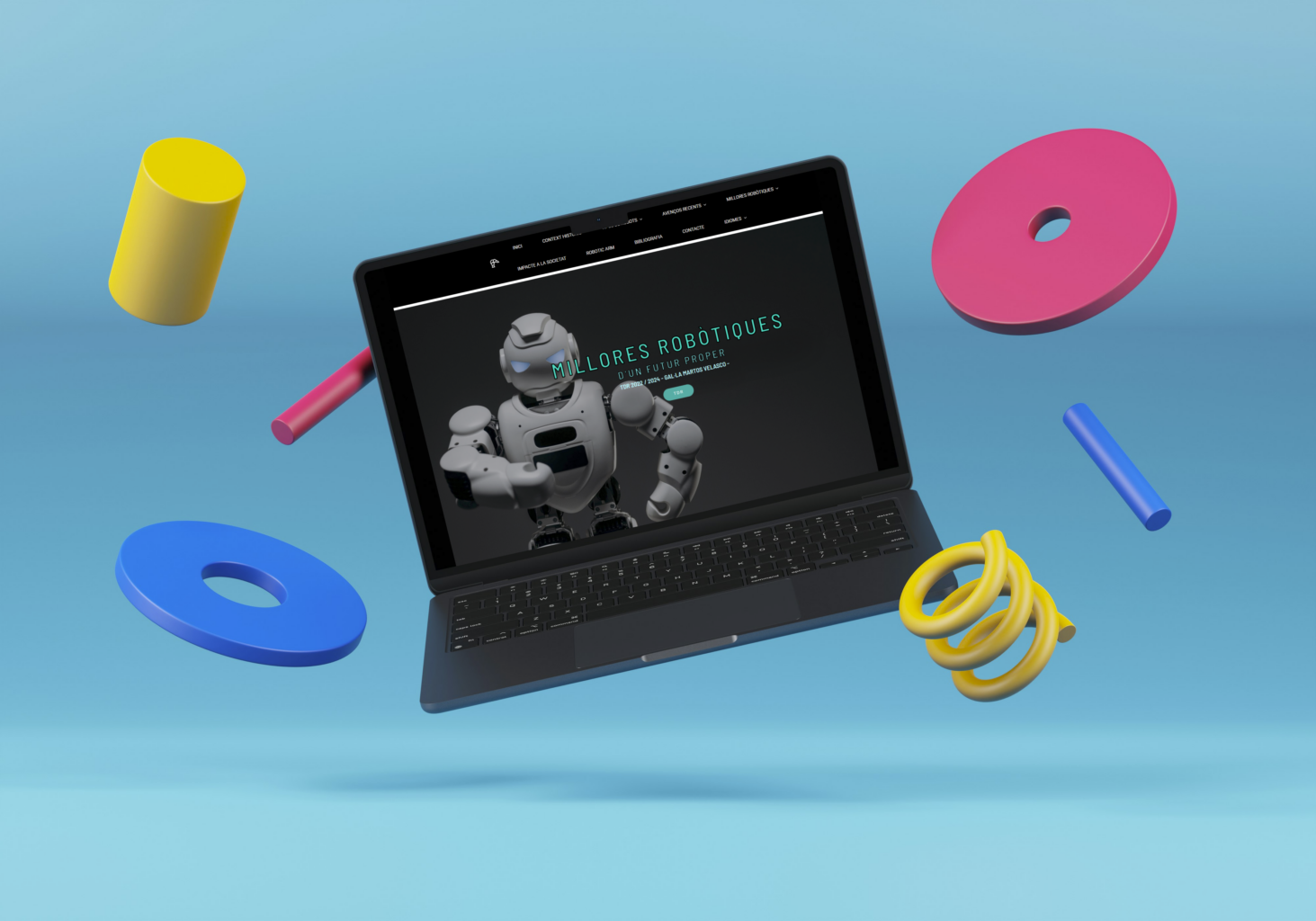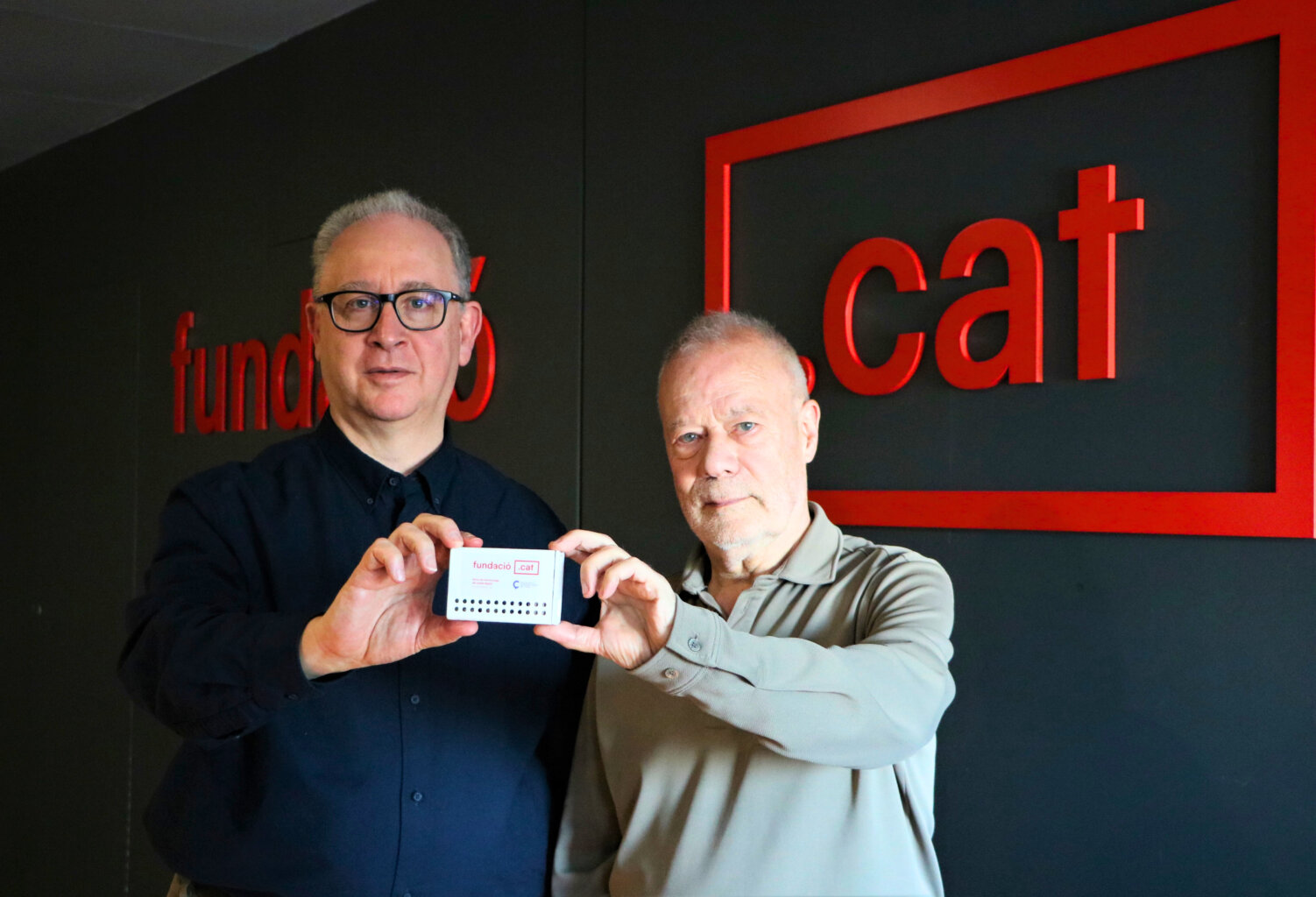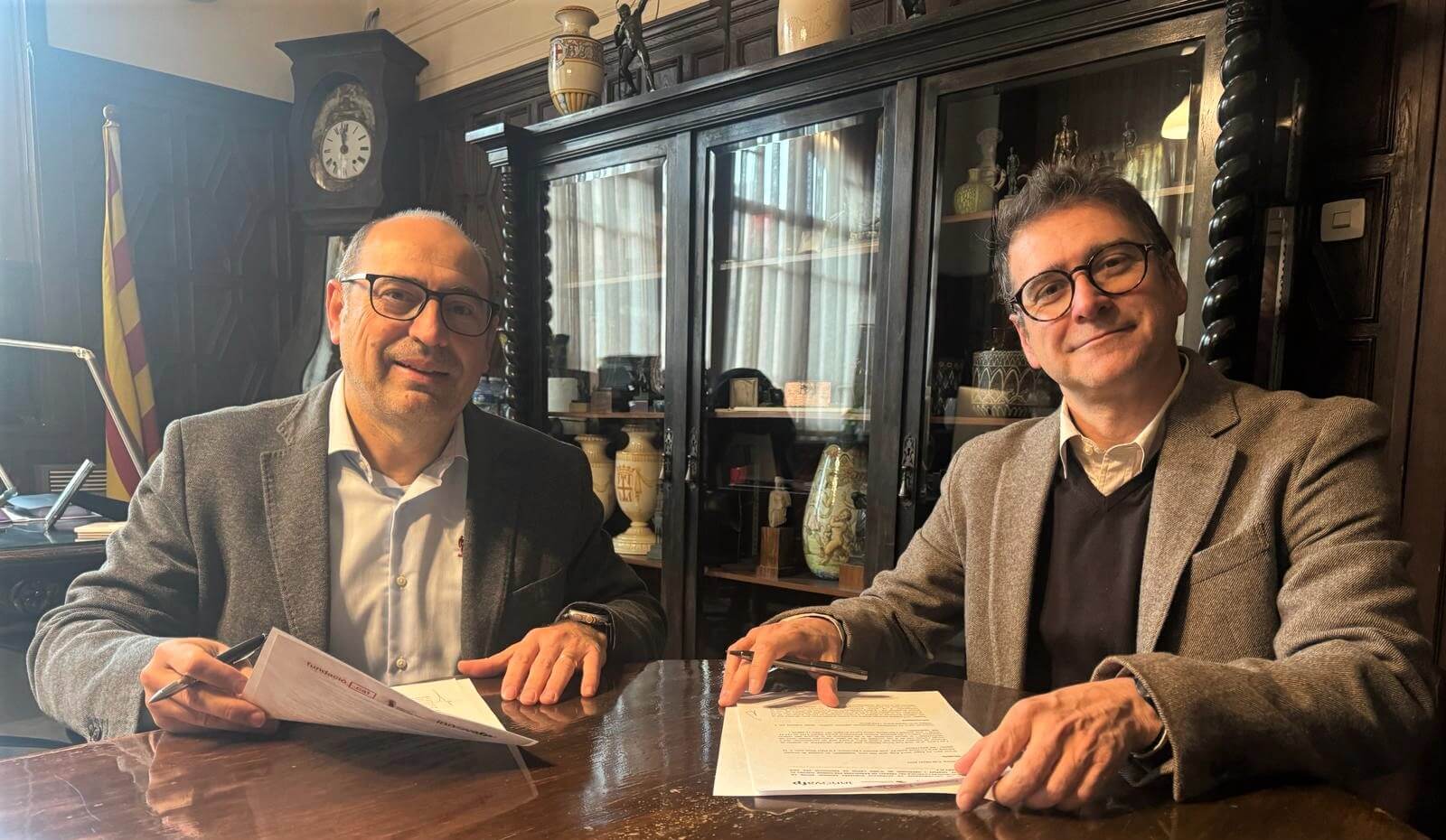Educational journalism

Information has an educational side to it, and these two initiatives are proof of just that.
We are said to live in an information society, and we coexist with media that is in crisis because of their difficulties of reaching new audiences. The way in which youngsters consume news is changing: the channels, narratives, approaches, etc. But the goal remains the same for kids, youngsters, and not-so youngsters: to provide them with the raw material with which to understand the world and, when the information involves them directly, with which to make the correct decisions. Journalism is governed by a calling to serve, but to do so it must first reach the audience it wants to question. We also live in an educational ecosystem that seems to be so ready for innovation that we are not opposed to using new instruments to broadcast contents in the classroom, such as podcasts to offer just one example. There are also professionals who strive to bring new technologies and ways of
communication closer to their students. The sum of these two factors has led to proposals such as InfoK and Nushu.
InfoK is a news broadcast aimed at audiences aged between 8 and 12. Its director Laia Servera explained its philosophy to .cat. They think it is absurd to ask which news items “kids” like, as if they were a homogeneous group of individuals with shared tastes. Every child is unique, she confirms: “Some are interested in everything and others have very specific interests. Science, astronomy, literature… Some are relatively indifferent to it all. It depends on each individual, just like with adults”. What I do think is necessary, however, is for the contents to be made more attractive, with graphics, with narratives in “youtuber” format, icons, music, or attractive editing. But nothing that involves lowering the standards of the language.
They shouldn’t lower the level of their vocabulary, says Servera. The team behind InfoK believes that, if certain words are replaced with others that might be more familiar to its audience, more complex terms will not be conveyed and its audience won’t incorporate them into their vocabulary, which could have a negative impact on the language. What they do instead is define the words. They don’t replace them: they include the definition alongside the “complicated” word. Despite the fact that InfoK is broadcast by conventional TV, where it works best is on the on-line channels. Laia Servera defines the news programme as an “educational tool”: some teachers show it to their students in an attempt to awaken some kind of interest in the news. This gives the proposal a clearly educational side. And it is not the only initiative designed for journalism that by chance ends up being reinvented for educational purposes.
Eva Domínguez, a journalist specialising in technology, has extensive experience in content production for people of the same age bracket as the audience of InfoK (8 to 12). Domínguez went from Diario de Barcelona to El Periódico to coordinate El Periódico de l’Estudiant. In the late 90s, while studying a master’s in interactive telecommunications at New York University, the seed was planted for what would later become Nushu. This project takes its name from a fictitious character, Nushu, an alien whose mission is to understand what human beings do on Earth. Using augmented reality, this character interacts with its users through different games and challenges with which kids learn.
Initially, Nushu was a proposal by certain forms of media that were eager to find new audiences: the business model involved selling them the user licence. But this model did not end up working, remembers Domínguez. The media wanted a personalised mass product, which increased costs to unacceptable levels and ultimately redirected Nushu towards education. The Finnish Education Evaluation Agency showed an interest and recommended that the project include teaching guides. Having done this, they obtained an educational certificate from Finland, which enabled them to be chosen as one of the one hundred educational innovations in the world. Seven years later, Nushu has continued thanks to funding by the search engine giant Google and a group of educators who are stalwarts of the project. The news programme InfoK calls these fans “infocaires” (with the permission of linguists). And it is thanks to stalwarts like these and to those who explore the links between journalism and pedagogy that education has been able to progress in Catalan classrooms.


